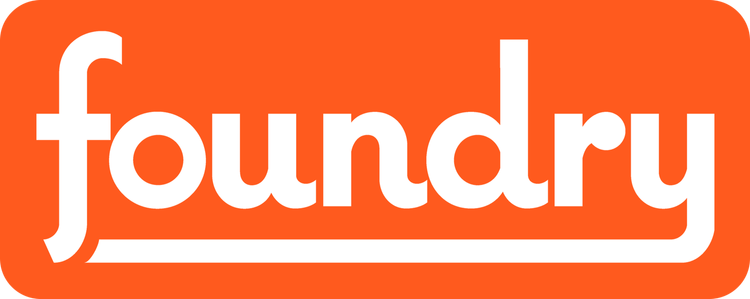by Beth Frost-Johnson
I check in often with my 14 and 17-year-old grandsons, as they attend a really great public charter school – in fact, it is the highest-ranked public high school in my state. . "How is school going?" I gingerly asked Spencer, the 17-year-old, who was magna cum laude from grades 1-8. "Nana, I'm turning in assignments, but I'm not learning," he replied - an astute but heart-wrenching response.
Here is a defining philosophical question for this time: are we teaching subjects, or are we teaching kids? We all likely agree that it is the latter. But in these pandemic times, what could be more important than making sure our students are not just attending, but really learning or actually flourishing?
Help them find mentors to learn from. Pre-pandemic, I volunteered once a week in a large metropolitan hospital. Coming from a poker-playing family, occasionally, I would teach the teenagers how to play Poker. We had a 15-year-old burn patient who would be with us for months, and he was excited about learning Poker. In the third week, I came into the room to start playing, and he had forgotten that his math tutor was coming in ten minutes. After the tutor's arrival, I asked if we could use Poker as a math lesson. "Perfecto!" was his reply. Throughout our game, his tutor taught about calculating odds, and afterward, gave him odds calculation assignments. When I came back week four, the newly crowned Poker King patient either folded when he should have or beat me! It was a moment of learning he will likely never forget and undoubtedly taught him how to apply his newly acquired math skills to many areas of his life. Mentors can do magical things.
Mentors are everywhere!
History and Writing come alive when students interview a war veteran and write their story. Who in their family or neighborhood could they interview? Many who have served our country have never been deeply interviewed. Where and when did they serve? What was it like? What did they learn? What was the hardest? If they could do it over, would they?
Social Studies and Art learning could engage the whole community with a digital gallery created from mentor relationships between students and individuals who have experienced racial injustice. What did they experience? How did they feel? What did they do? How does it feel today? Students' responses would be represented artistically: drawing, painting, dance, poetry, all of it captured digitally and shared as a community engagement and discussion gallery.
Mentors are everywhere:
o Chemistry? Find a phenomenal baking mentor and ZOOM the making!
o Know the neighborhood? Ask a real estate agent.
o Start your own business? Ask a store owner or entrepreneur.
o Love animals? Ask a zookeeper or farmer, or veterinarian.
o Interested in healthcare? Ask an EMT or nurse or med technician.
o Crazy about video games? Ask a software developer who loves games.
o Nerdy about bugs? Ask a Master Gardener or a university extension division entomologist.
It's simple: mentors are people who love what they do - experts who are willing to share their expertise. People love to be asked to share what they know. Teach your students how to invite and interview. Then step back and watch the kids that do their work and LOVE the learning!

